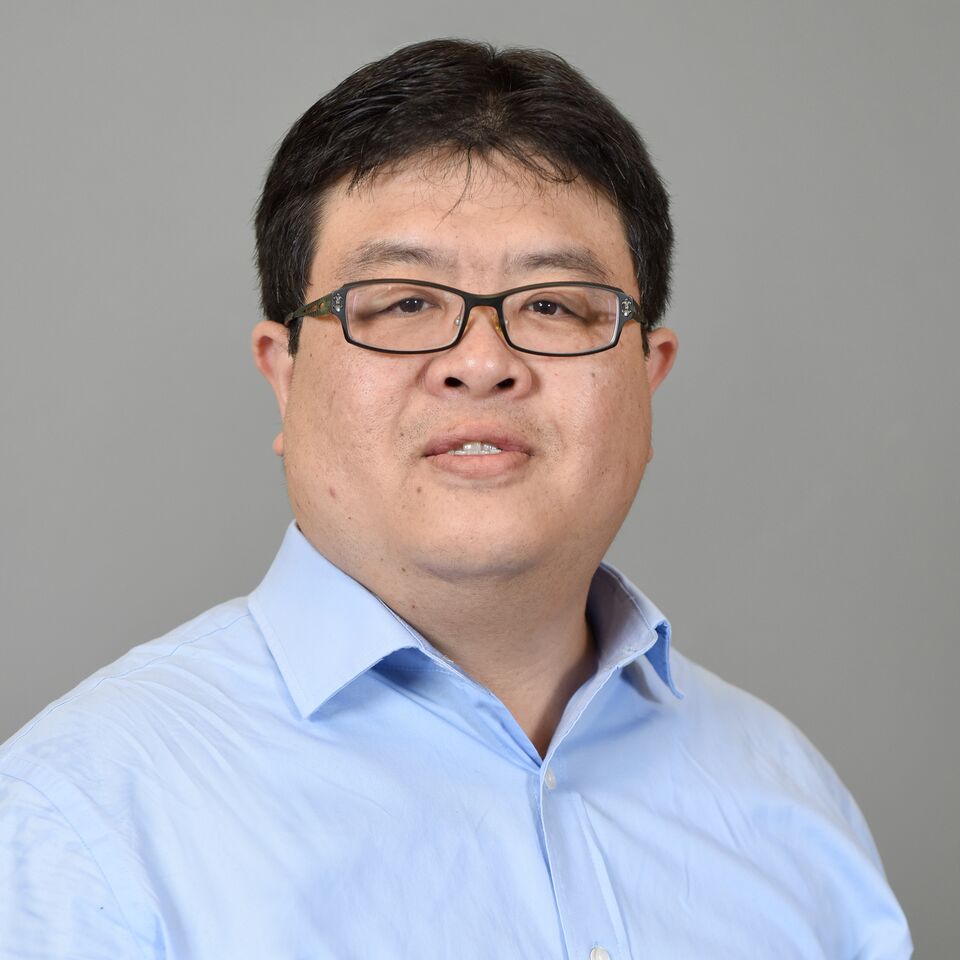
Kuei-Chun (Mark) Wang
Assistant professor
PhD, bioengineering, University of California, 2012
Areas of expertise and bio
Expertise: Vascular bioengineering, mechanobiology, nanotherapeutics for cardiovascular diseases
Kuei-Chun (Mark) Wang had several options on where to start his faculty career. He chose Arizona State University because of the resources it offers for research and the opportunities to collaborate with a multidisciplinary faculty and institutions to enhance cardiovascular disease treatment.
“Cardiovascular disease is the leading cause of death in the world, hence there is a great need to improve diagnostic and therapeutic approaches,” Wang says. “It is my goal to enhance our understanding of cardiovascular disease and apply innovative methods to accelerate the translation of discoveries into more effective therapies.”
Wang first became interested in bioengineering while studying chemical engineering as an undergraduate in Taiwan, and decided to pursue a doctoral degree abroad.
As a graduate student at the University of California, San Diego, he studied under Shu Chien, a leading scientist and bioengineer who introduced Wang to the fields of mechanobiology and cardiovascular bioengineering.
Wang’s research focused on how biophysical factors in arteries, such as the dynamics of blood flow, regulate vascular functions in health and disease. He also developed nanomedicines to prevent the progression of cardiovascular disease.
He is motivated to conduct that research by a desire to develop more effective therapeutic approaches to improve the lives of people with cardiovascular disease.
At ASU, Wang says he is excited to continue his research on applying nanotechnology to treat atherosclerosis, the most common cause of heart disease, and evaluating the efficacy of nanomedicine treatments in rodent models of atherosclerosis.
“It is an important step for us to prove that the nanomedicine approach is safe in vivo [in living models] and effective in treating atherosclerosis,” Wang says.
The research findings will help build a set of preliminary data he can use to pursue National Institutes of Health funding to explore the possibilities of this treatment method further.
Wang earned a scientist development grant from the American Heart Association in 2016, and brings with him an NIH K99/R00 Pathway-to-Independence Award to help support his research through 2021.
Besides research, Wang is passionate about teaching. He’ll be instructing courses and supervising lab work related to cellular and molecular bioengineering and physiology. Students will learn the fundamentals and principles needed to quantitatively analyze the physicochemical processes that govern cells and organ system functions.
Outside of engineering, Wang can be found hiking, cooking or watching a baseball game at the ballpark on weekends.